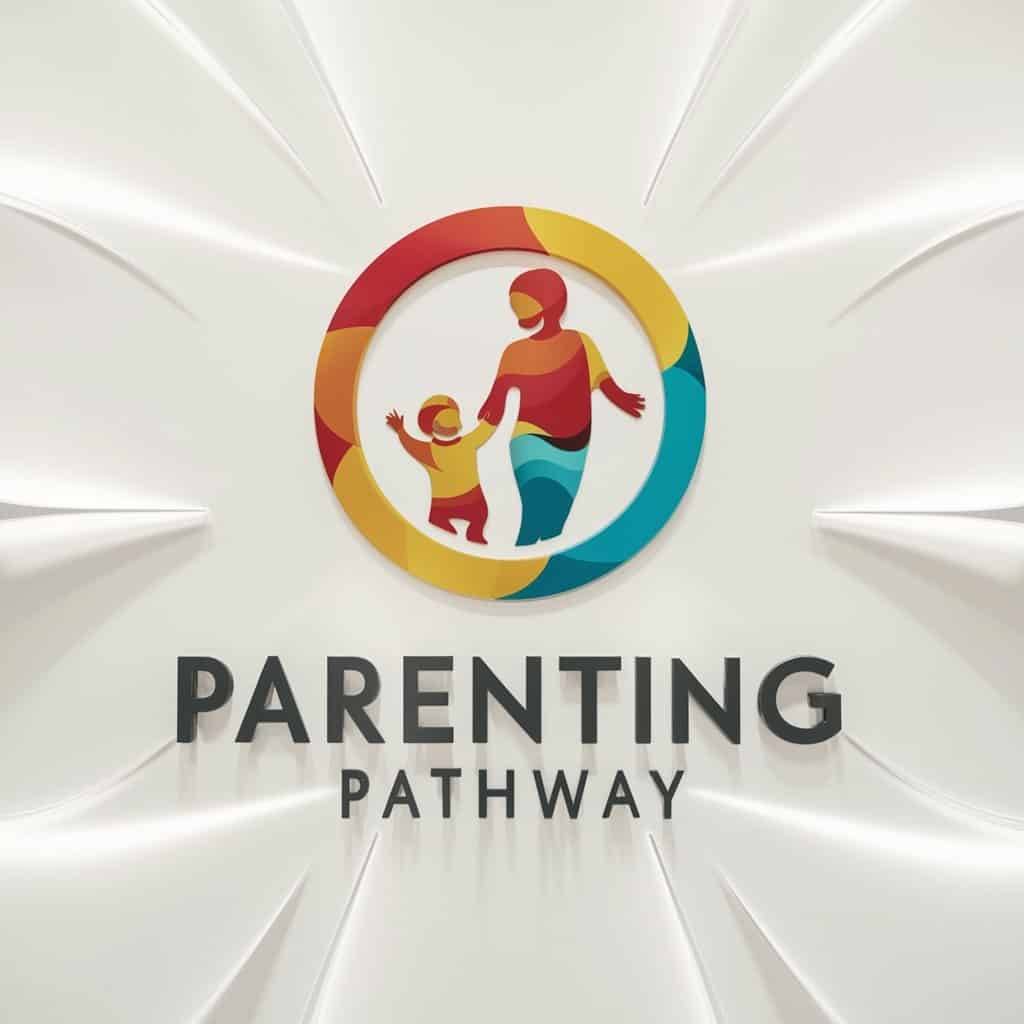Does My Child Need a Child Psychiatrist or a Child Psychologist?
Back to Blog
Understanding the Roles: Child Psychiatrists vs. Child Psychologists
When considering mental health support for children, it is essential to understand the distinct roles of child psychiatrists and child psychologists. Both professionals play critical roles in addressing children’s mental health issues, but their training, approach, and treatment methodologies differ significantly.
Child psychiatrists are medical doctors who specialize in diagnosing and treating mental disorders in children and adolescents. They hold a medical degree followed by a residency in psychiatry, along with specialized training in child psychiatry. This advanced education allows them to comprehensively assess mental health conditions from a physiological perspective. As licensed physicians, child psychiatrists have the authority to prescribe medications, which can be crucial for treating certain psychological conditions. Their training emphasizes the biological, psychological, and social factors that contribute to mental health issues, enabling them to offer a comprehensive approach that often includes both medication and psychotherapy.
On the other hand, child psychologists typically hold a doctoral degree in psychology and have undergone extensive training in psychological theory and practice. They focus primarily on the assessment and treatment of mental health issues through various therapeutic modalities, such as cognitive-behavioral therapy, play therapy, and family therapy. Unlike psychiatrists, child psychologists do not prescribe medications; instead, they utilize evidence-based psychological interventions to help children and adolescents cope with emotional difficulties and behavioral challenges. Their practice often revolves around understanding the child’s thoughts, feelings, and behaviors within the context of their family and environment.
While both child psychiatrists and psychologists can provide valuable support, the choice between these professionals may depend on the nature of the child’s mental health issues. For instance, if a mental health condition requires medication management, consulting a child psychiatrist is advisable. In contrast, for therapeutic support aimed at emotional and behavioral processing, a child psychologist may be better suited. Understanding these differences can aid parents in making informed decisions regarding their child’s mental health care.
Signs Your Child May Need Professional Help
Recognizing the signs that a child may need professional mental health support is crucial for parents and caregivers. Various behavioral and emotional indicators can suggest that a child is encountering challenges that are beyond typical developmental phases. For instance, if a child exhibits persistent mood swings, displays increased irritability, or experiences prolonged periods of sadness, it may signal deeper emotional distress. Such behaviors can often be accompanied by outbursts of anger or frustration that seem disproportionate to the situation, which can be alarming for both the child and their family.
Academic difficulties can also indicate the need for a child psychiatrist or child psychologist. If a previously high-achieving student suddenly struggles with assignments, displays a lack of interest in school, or experiences significant declines in grades, these may be signs of underlying emotional issues such as anxiety or depression that require professional attention. Similarly, social withdrawal, where a child isolates themselves from friends, avoids playdates, or commonly prefers to stay home, can point to mental health challenges that should not be overlooked.
Physical symptoms such as changes in appetite, weight fluctuations, or sleep disturbances are often correlated with emotional struggles. A child who suddenly loses interest in food, experiences recurrent nightmares, or has trouble sleeping may be facing anxiety or depression. Parents should also be wary of sudden changes in routine behaviors, such as increased clinginess or regressive behaviors like bedwetting in older children, which can indicate stress and anxiety.
It is essential for parents to listen to their instincts and seek professional assistance when observing these signs. Anecdotal experiences from families who have sought help can highlight the importance of intervention, underscoring that addressing mental health concerns early can lead to improved outcomes for children and help restore family dynamics.
When to Seek a Child Psychiatrist
Determining when to seek the expertise of a child psychiatrist is crucial for the well-being of a child experiencing mental health challenges. Unlike child psychologists, who primarily focus on therapy and counseling, child psychiatrists are medical doctors capable of evaluating, diagnosing, and treating psychiatric disorders through various methods, including medication. Consulting a psychiatrist becomes particularly important in scenarios where symptoms significantly interfere with a child’s daily life or functioning.
One key indicator that a child may require a psychiatric evaluation is the presence of severe anxiety or depression. If a child exhibits persistent sadness, withdrawal from activities they once enjoyed, or excessive worry, these could be signs that professional intervention is necessary. Additionally, psychiatric disorders such as Attention-Deficit/Hyperactivity Disorder (ADHD) may also warrant a visit to a psychiatrist, particularly when behavioral interventions alone do not yield the desired results.
Initially, parents can expect a comprehensive psychiatric evaluation, which typically includes discussions regarding family history, the child’s emotional states, and potential behavioral issues. This evaluation allows the psychiatrist to formulate an appropriate treatment plan tailored to the child’s unique needs. In certain cases, when medication is indicated, a child psychiatrist can prescribe and monitor its effects, ensuring a focused approach to managing symptoms.
Moreover, treatment options through a psychiatrist are diverse, ranging from pharmacotherapy to collaborative care with other professionals. Medication may serve as a pivotal part of a child’s treatment strategy, particularly for conditions that have a neurological or chemical basis. By understanding the circumstances that necessitate the involvement of a child psychiatrist, parents can make informed decisions concerning their child’s mental health care and ensure timely access to essential resources.
When to Seek a Child Psychologist
Determining when to seek the expertise of a child psychologist can be pivotal in addressing various psychological and developmental concerns in children. Parents often face challenges in identifying signs that may indicate their child requires professional support. Indicators such as persistent sadness, anxiety, behavioral issues, or difficulties in socializing can warrant consultation with a child psychologist.
One of the most common therapeutic approaches utilized by child psychologists is cognitive-behavioral therapy (CBT). This method helps children understand and change negative thought patterns and behaviors, making it especially effective for conditions like anxiety disorders and depression. Additionally, play therapy is frequently employed, allowing children to express themselves in a safe environment through their natural mode of communication—play. This approach is particularly beneficial for younger children who may struggle to articulate their feelings verbally.
Specific issues that may prompt parents to consider psychological intervention include adjustment disorders, where children have difficulty managing changes such as divorce, relocation, or transitioning to a new school. Learning difficulties, which can manifest as trouble with reading, writing, or math, are another area where a child psychologist can provide valuable guidance through tailored interventions. Furthermore, emotional regulation challenges, such as temper tantrums or meltdowns, can be addressed effectively through therapeutic techniques implemented by a child psychologist.
Engaging with a child psychologist can lead to significant improvements in a child’s emotional and psychological well-being. Effective therapy can promote coping skills, enhance problem-solving abilities, and ultimately foster a healthier, more resilient child over time. It is essential for parents to remain vigilant and proactive in seeking professional help when they observe concerning behaviors or emotional struggles in their child.



Leave a Reply